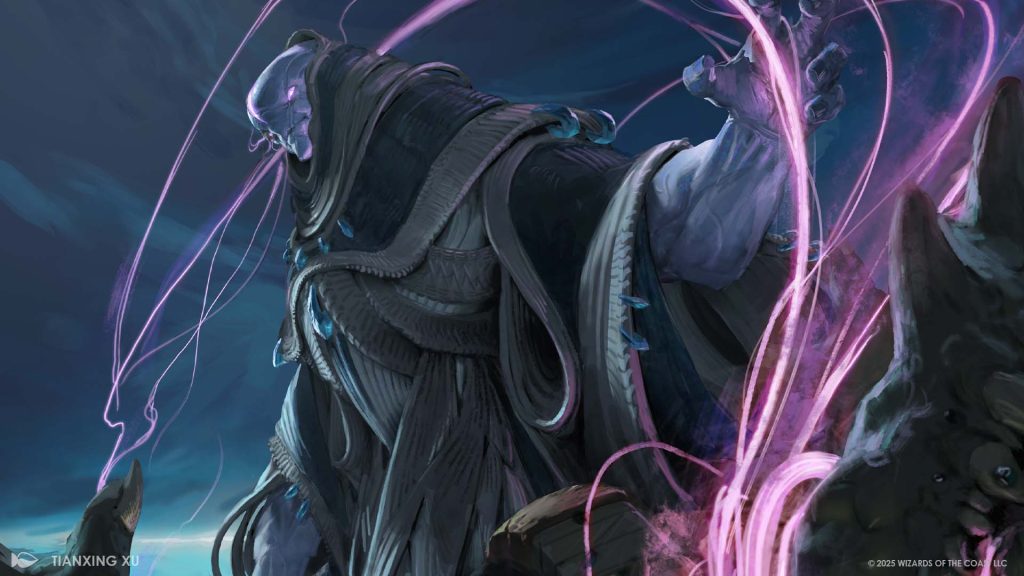
As a competitive Magic: the Gathering player, staying on top of the best deck builds is just as important as mastering your gameplay. The meta shifts constantly—new sets, bans, and sideboard tech can change everything overnight.
In order to keep up, you need reliable sources that offer more than hype. You need data, performance results, and insights from other high-level players. Here are three tried-and-true ways I source references when I’m looking for the best deck builds, whether it’s for Standard, Pioneer, or Modern.
1. Track Tournament Results from Verified Sources
Your first stop should always be tournament data. Sites like MTGGoldfish, MTGTop8, and Melee.gg regularly post decklists from major events, including online qualifiers, RCQs, and Pro Tours. These websites show you what actually wins and not just what’s flashy or popular. I usually start by reviewing the top 8 finishes from recent events, looking for recurring archetypes and tech choices. It’s a fast way to identify what’s dominating and how it’s being built across different players and metas.
2. Follow High-Ranked Arena and MTGO Players
Some of the sharpest tech comes from players grinding MTG Arena and Magic Online. Platforms like AetherHub and untapped.gg track deck performance and win rates from Mythic and leaderboard-level users. If a deck has a 60%+ win rate over hundreds of games, that tells me it’s doing something right. I also keep an eye on social media—Twitter and Discord, especially—for deck updates and screenshots from competitive players. These often show off lists that haven’t even hit the official data trackers yet.
3. Use YouTube and Streamers—But Filter the Noise
Content creators can be a goldmine, but you’ve got to separate the meme decks from the meta-breakers. I subscribe to a handful of streamers known for competitive brewing and meta analysis, not just flashy wins. They’ll often post new builds a few days before the broader player base catches on, giving you a jumpstart. What I look for is gameplay footage—they walk through decision-making, sideboarding, and matchups, which helps me understand not just what to play, but how to play it.
Between event data, leaderboard performance, and high-level content creators, I can triangulate what the best decks actually are, not just the ones getting clicks. And when I find a list that pops up in more than one of these places? That’s when I take it seriously.
These sources give me the clarity and consistency I need to stay sharp in events, and they keep me from wasting time on underpowered or outdated builds. In a competitive environment, good information is just as important as good draws.
Thanks for reading, and until the next blog post.
